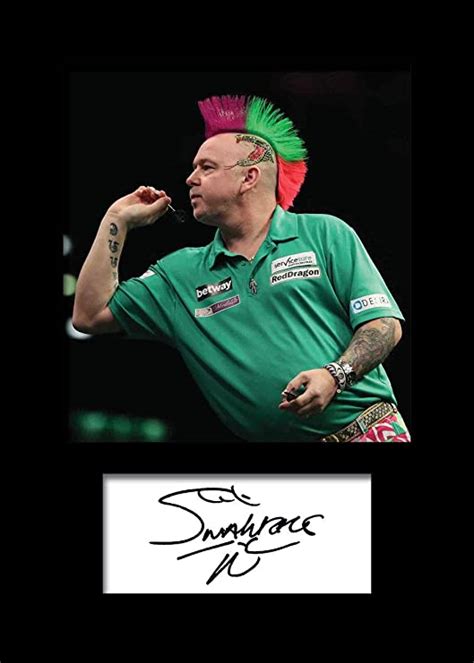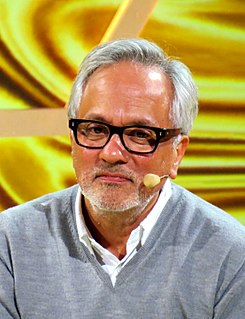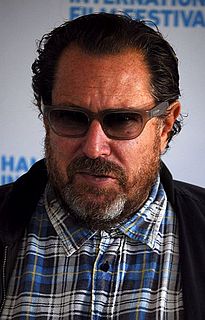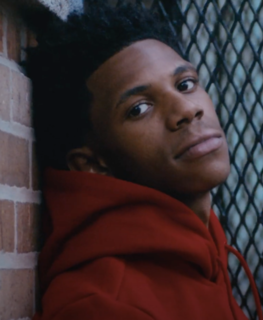A Quote by Peter Wright
I never know what it's going to look like. Wouldn't be much point in painting if I already knew the outcome. I have a subject in front of me and I start flooding colour and making marks, I don't know, it's improvisation isn't it?
Related Quotes
I wouldn't know what to do with [colour]. Colour to me is too real. It's limiting. It doesn't allow too much of a dream. The more you throw black into a colour, the more dreamy it gets… Black has depth. It's like a little egress; you can go into it, and because it keeps on continuing to be dark, the mind kicks in, and a lot of things that are going on in there become manifest. And you start seeing what you're afraid of. You start seeing what you love, and it becomes like a dream.
Basically, I'm a perpetual student. I start by finding a subject I really don't know very much, but that I'm curious about. I learn about it through books in a library, by doing interviews with people who know a lot about the subject, and by going out on my own and seeing for myself what's happening.
The subject matter that I am really spending my time on has become an acceptable subject matter. Living, lifestyle, family, is now in the forefront of interest in America, and I've just stuck with it. I mean, I've been doing this for years, and I never got angry. I never said, you know, listen, I'm fighting for this subject. That wasn't my point. My point was to continue working in a subject matter, knowing full well that finally it would be recognized as a viable subject once again.
I don't like the way question marks look. They're really ugly. They look like blots. At some other point in my life, I might have disliked them because I never knew how to properly apply them. Also commas, and whether they were outside the quote or inside the quote - that all seemed like an unnecessary pain in the ass.
There have been times in my adolescence where I gave up. I was like, 'I'm just never going to be pretty. I'm never going to be like one of those people on the front of magazines.' It always seemed really strange to me that the projection of how people are in advertisements looked nothing like the people who were actually buying them. You know what I mean? I never understood that mismatch, and now I really start to see that the people you see in the media are a lot more like people actually are.
I might spend 100 pages trying to get to know the world I'm writing about: its contours, who are my main characters, what are their relationships to each other, and just trying to get a sense of what and who this book is about. Usually around that point of 100 pages, I start to feel like I'm lost, I have too much material, it's time to start making some choices. It's typically at that point that I sit down and try to make a formal outline and winnow out what's not working and what I'm most interested in, where the story seems to be going.


































